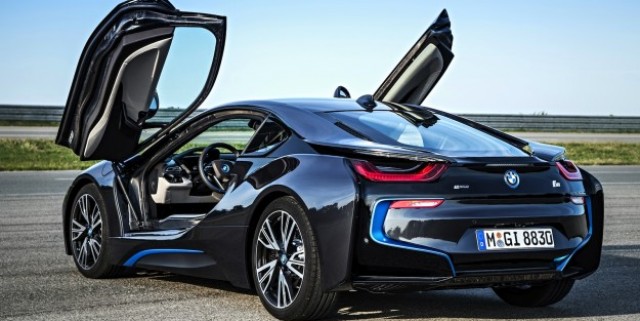
A senior BMW product developersays the Bavarian car maker’s entire range will need to turn towards partial or full electrification in the future to meet Europe’s increasingly stringent emissions regulations.
BMW board member for development Herbet Diess told Autocar that the brand needs to sell an entire range of plug-in hybrid, hybrid and pure electric drive cars – regardless of what consumers are asking for – because of new European regulations, requiring fleet average CO2 emissions of 95g/km by 2020.
“Automotive is one of the most heavily regulated industries. What is coming in the future [for BMW] is not just a reaction to customer requests, but also regulation,” Diess said.
“Europe is five to seven years ahead of the rest of the world in terms of where it [regulation] is pushing us… Electrification will be a central thread in what we do, be it plug-in hybrid, hybrid or full electrification.”
“We must also recognise that we are now hitting against a physical limit and it will be very difficult in the next 20 years to go to a 99g/km average, let alone 50g/km in the future. The only way to do that is to rely on a high percentage of electric cars.”
Diess also acknowledged the “challenge” of the tension between BMW’s traditional goal of creating the ‘ultimate driving machine’ and the need for developing efficient vehicles, pointing towards the i8 as an example of balancing the two competing pursuits.
“The motivation is always sheer driving pleasure, whatever we do. Not everyone wants to take the bus or train… The i8 shows what’s possible even below 50g/km, but we will also offer all standard models with entry-level electrification. We will try to use the modular kit developed for the i3 and i8 on a kit basis.”
Europe’s 2020 emissions regulations are significantly stricter than regulations in other large industrialised regions. In China, the target for car fleets is 119g/km by 2020, while in Japan it is 117g/km. In the USA, the target is 102g/km by 2025.
According to the National Transport Commission, in Australia the 2012 national average carbon emissions from new passenger and light commercial vehicles was 199g/km. Suzuki’s range had the lowest average corporate emissions (157g/km), while Jeep’s fleet had the highest (240g/km). Australian-made vehicles had an average output of 210g/km.





